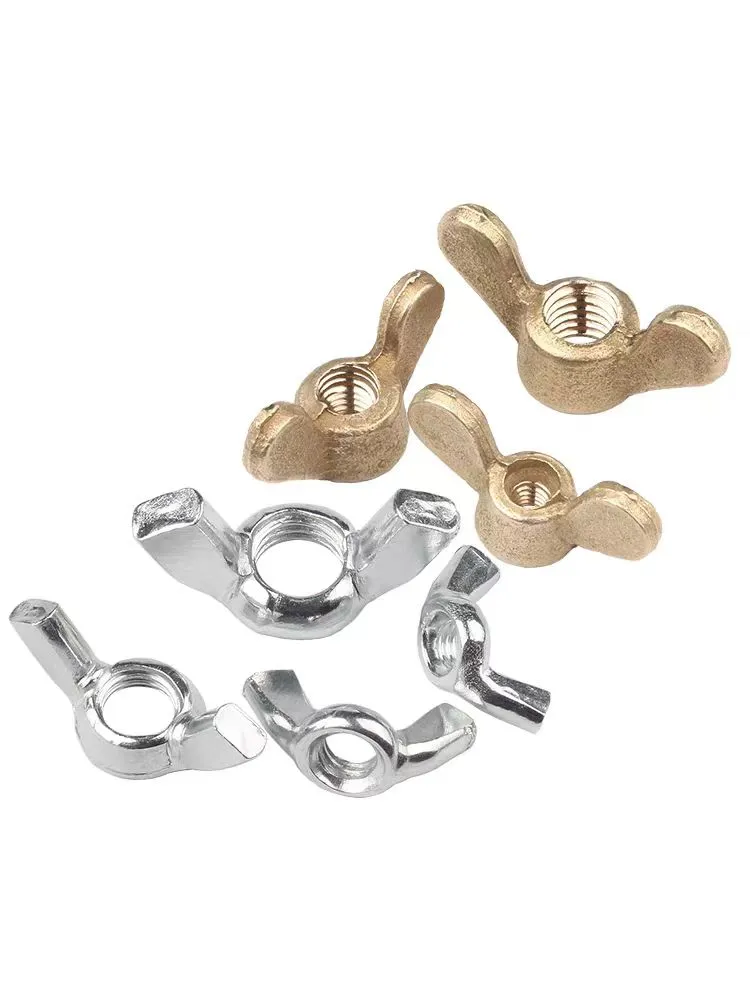

serrated flange lock nut
Dec . 02, 2024 05:02 Back to list
serrated flange lock nut
Serrated Flange Lock Nuts An Essential Component for Secure Fastening
In engineering and construction, the integrity of joints and connections often determines the overall performance and safety of a structure. Among the myriad of fastening solutions available, the serrated flange lock nut has emerged as a vital component, particularly in applications where vibration resistance is crucial. This article explores the features, advantages, applications, and installation of serrated flange lock nuts.
What is a Serrated Flange Lock Nut?
A serrated flange lock nut is a specialized fastener that combines a nut with a flange on one end. The flange features serrations or grooves that grip the surface of the material it is applied to, providing superior locking capabilities. This design ensures that the nut remains secure even under conditions of vibration, making it particularly useful in various industrial settings.
Features and Benefits
1. Enhanced Vibration Resistance One of the key advantages of serrated flange lock nuts is their ability to resist loosening due to vibration. The serrated flange digs into the surface of the material, creating friction that holds the nut in place.
2. Reduced Risk of Damage Unlike traditional lock nuts that can cause damage to the surfaces they are tightened against, serrated flange lock nuts distribute the load evenly. This feature minimizes the risk of surface damage, making them ideal for use in delicate or valuable components.
3. Versatile Applications These lock nuts are highly versatile and can be utilized in a range of applications, from automotive and aerospace to construction and heavy machinery. Wherever secure fastening is paramount, serrated flange lock nuts can provide a reliable solution.
4. Ease of Installation Serrated flange lock nuts are easy to install with standard tools. This simplicity can lead to reduced labor costs and less time spent on assembly, which is advantageous in large-scale projects.
5. Material Options Serrated flange lock nuts can be manufactured from various materials, including steel, stainless steel, and aluminum. This variety allows engineers and designers to select the right material based on environmental factors, such as corrosion resistance and strength requirements.
serrated flange lock nut

Applications
Serrated flange lock nuts find applications across various industries. In the automotive sector, they are commonly used in wheel assemblies and suspension systems, where vibrations are prevalent. In the aerospace industry, these nuts secure critical components that must withstand high stress and dynamic loads. The construction industry also employs serrated flange lock nuts in steel structures, bridges, and heavy machinery, ensuring that fasteners remain secure under various conditions.
Installation Tips
To ensure optimal performance of serrated flange lock nuts, proper installation is key. Here are some essential tips
1. Surface Preparation Before installation, ensure that the surfaces where the nut will be applied are clean and free of debris. Any contaminants can reduce the effectiveness of the serrated flange's grip.
2. Torque Specifications Always adhere to the recommended torque specifications provided by the manufacturer. Over-tightening can lead to thread stripping, while under-tightening might not provide the necessary locking action.
3. Inspection Regularly inspect serrated flange lock nuts and connections for signs of wear or loosening. Early detection of issues can prevent significant failures in structural integrity.
4. Compatibility Ensure that the serrated flange lock nut used is compatible with the bolt or screw. The dimensions, thread type, and material should all match for optimal performance.
Conclusion
Serrated flange lock nuts are a critical component in the world of fastening, providing enhanced security and durability under challenging conditions. Their unique design offers significant advantages over traditional fastening methods, particularly in applications subjected to vibration. As industries continue to seek reliable and effective fastening solutions, serrated flange lock nuts will likely remain a popular choice, contributing to safer and more durable structures. Whether in automotive, aerospace, construction, or any number of other fields, these nuts play an indispensable role in ensuring that vital components remain securely fastened.
Latest news
-
Hot Dip Galvanized Bolts-About LongZe|High Strength, Corrosion Resistance
NewsJul.30,2025
-
High-Strength Hot Dip Galvanized Bolts - Hebei Longze | Corrosion Resistance, Customization
NewsJul.30,2025
-
Hot Dip Galvanized Bolts-Hebei Longze|Corrosion Resistance&High Strength
NewsJul.30,2025
-
High-Strength Hot-Dip Galvanized Bolts-Hebei Longze|Corrosion Resistance&High Strength
NewsJul.30,2025
-
Hot Dip Galvanized Bolts-Hebei Longze|Corrosion Resistance&High Strength
NewsJul.30,2025
-
Hot Dip Galvanized Bolts - Hebei Longze | Corrosion Resistance, High Strength
NewsJul.30,2025

